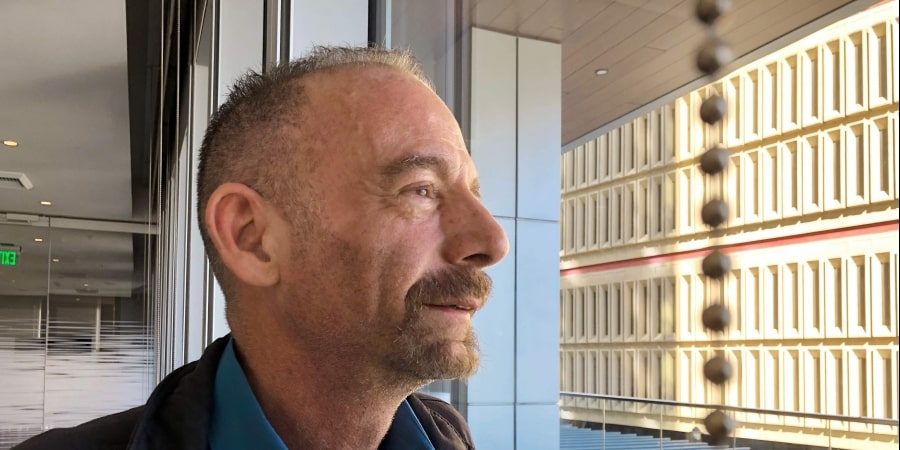No products in the cart.
Meet the man who successfully cured HIV, he’s world’s second patient to do so
According to a survey, 37 million people worldwide are infected with HIV and the AIDS pandemic has wiped out the lives of 35 million people since its inception in the 1980s. However, in recent years, proper scientific research to eliminate complex virus with the help of possible drug combinations became a major breakthrough.
In a sensational development, a London patient has totally got rid of the AIDS virus following a stem cell transplant and the doctors report that this is the ‘second success’ including the “Berlin patient”.

FYI, the medical therapy saw an early success with Timothy Ray Brown who is a U.S. national treated in Germany who is 12 years post-transplant and now still free of HIV. Thus far, Brown is the only individual known to have been cured of infection with HIV, the virus that leads to AIDS.
It is to be noted that such transplants like these are “highly dangerous” and have failed while being carried out in other patients. In addition, they are also unrealistic to cure the millions that are already infected.
The recent case “shows the cure of Timothy Brown was not a mere fluke and can be recreated,” said Dr. Keith Jerome of Fred Hutchinson Cancer Research Center in Seattle. He said, adding that it could lead to an effective approach that could be used on a broader spectrum.
However, the patient has not been identified yet. He was diagnosed with HIV in the year 2003 after which he started taking drugs in an attempt to control the infection rate in 2012. It is still not clear why he waited long. He developed “Hodgkin lymphoma” in the same year and agreed to go for a “stem cell transplant” to treat cancer in 2016.
Thankfully, with the right choice of donor, his doctors figured out the solution and the London patient might get good news even beyond treating his cancer i.e. a possible HIV cure. Doctors managed to find the right donor with a gene mutation that grants natural resistance to HIV.
The transplant completely changed the complexion of London patient’s immune system, giving him the donor’s mutation, as well as, HIV resistance. The patient stopped taking HIV drugs by his own preference just to see if the virus would again affect him.
For your information, HIV patients are supposed to stay on daily pills for life in a bid to suppress the virus. Just in case, if the drugs are stopped, the virus would come back, usually in 2-3 weeks. But luckily, that didn’t happen with the London patient. There is still no tip-off of the virus after 18 months after stopping drugs.
The London patient has even asked his medical team not to disclose his name, age, nationality or any other details. Brown said he is looking forward to meeting the London patient and would encourage him to go public because “it’s been very useful for science and for giving hope to HIV-positive people, to people living with HIV,” he told The Associated Press Monday.







